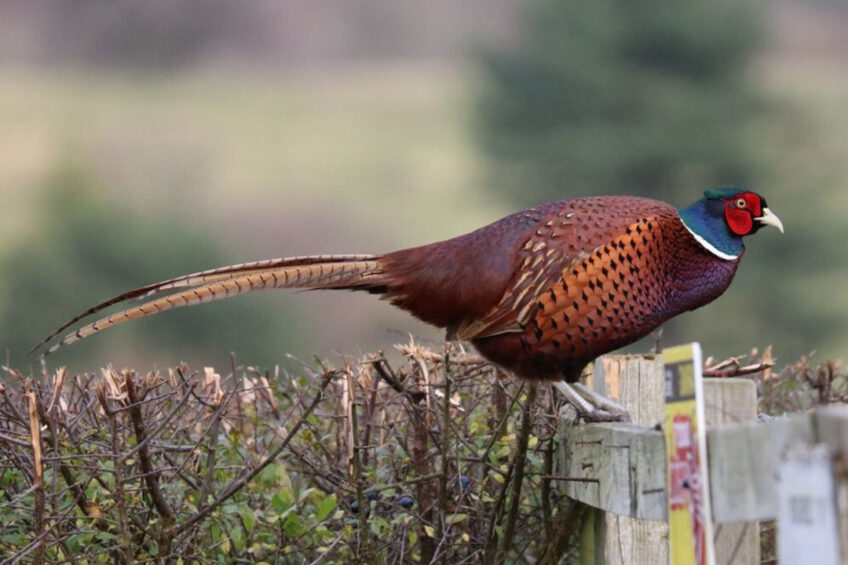French bird culling and movement restrictions impact UK game sector

More than 13 million birds have been culled in France due to bird flu over the past 4 months as the country’s worst avian influenza crisis continues to impact the sector. Movement restrictions due to the huge number of cases mean that British game farms are struggling to replenish stocks of pheasants and partridges ahead of this winter.
Over 1,000 outbreaks of bird flu in France
Reuters reported that by 8 April, 1,230 outbreaks had been recorded on farms since the first case was detected on 26 November. The H5N1 strain is proving particularly prevalent with cases rising more than 10% in the first week of April.
In recent weeks, there have been a substantial number of confirmed cases of avian influenza in the Vendee and Loire Atlantique areas of France, where the majority of French game farms are found.
Movement restrictions and supply shortages
St David’s Poultry vet, Ben Crisp, told the South West Chicken Association annual conference that the implementation of disease zones following outbreak confirmations was making it very difficult for eggs and birds to be moved out of these areas without a licence.
The British Association of Shooting and Conservation (BASC) said ongoing discussions were taking place between Defra and French officials but it was likely there would be a supply shortage. Alternative stock is being sourced from elsewhere, including Spain.
“BASC would advise anyone buying gamebirds for rearing and/or release to plan ahead – this includes holding early discussions with game farms and suppliers.”
European short-term outlook
In its short-term outlook, the European Commission said that during 2021, EU poultry production decreased by 2.7% due to avian influenza, with France, Poland, Spain and the Netherlands affected in particular.
It said that increased costs, due to the tensions on the energy and grain markets, caused by the invasion of Ukraine, and the avian influenza outbreaks, would lead to a further reduction in production in the Netherlands but production in Spain and Poland is expected to stabilise.
Countries less affected by avian influenza could see a moderate rise in production. Overall, EU production is expected to rise very slightly by 0.5% in 2022, not yet recovering to pre-pandemic levels.












